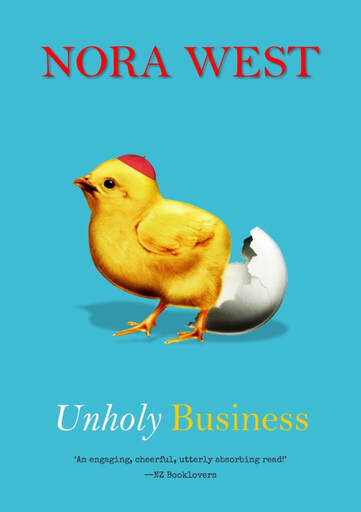
by Nora West
This part-memoir, part-novel work of 57,000 words in 164 pages very neatly encapsulates a world that was dying in 1963, the year of its setting.
Through its superbly-produced and edited pages come echoes of a public-school world redolent in its regulations, dormitory life, dining halls and pastoral constraints, of the Fifth Form at St Dominics or even Billy Bunter’s Greyfriars. It was an age when traditional boarding schools were as much on the way out as was the society of which they were a rite of passage; an age when Mantovani had already been displaced by those products of the local grammar schools, the Rolling Stones,
Alice, the child of a convoluted and complex family tree, is the central character and Head Girl-elect of The Pines School in Hove, East Sussex, who began her public-school journey at the age of eight because that was the sort of thing expected of her social class. The author is adept at creating atmosphere; something cleverly underlined by her evocation of a traditional English countryside complete with traditional village, traditional ‘Home Farm’ and traditional family retainers. And yes, Quentin drives a Rolls...
Further to this, her use of alternating present and past tenses reinforces the constraints surrounding a now seventeen-year-old Alice on the brink of womanhood yet still requiring the nurturance and safety-net provided by these constraints. This situation is beautifully represented by the illustration of young chicks cradled in supporting hands that twice form part of the front matter of the book. In itself this motif provides a well-turned double entendre as Alice’s wealthy father is so because of his poultry empire.
Alice’s mother, Sylvia, is a well-bred, neglected and somewhat narcissistic woman who apes her pretty daughter and dresses to match. Her husband, Quentin, is double-crossing her with his new secretary and this alerts us to the fact that, in many ways, Quentin definitely has an eye to the main chance. This is underlined not only by the vaguely-drawn and understated business venture in which he becomes involved with a consortium of Italian businessmen and the Vatican, but also by the determined way in which he thrusts Alice into the proximity of a sinister and lecherous cardinal who represents the Vatican’s interests in the business venture.
This leads the reader to wonder whether or not Quentin is prepared to prostitute his daughter to the success of the venture. Would he go that far? This reviewer vacillated between yes, demonstrably, because he is quite ready to betray Sylvia and embezzle money, and no, because Alice is “Daddy’s girl”. The reader is urged to decide for oneself...
After her Roman holiday and what might be regarded as a near escape, Alice is quite glad to put up with irritating convention and restriction in order to return to the settled serenity and ordered calm of her boarding school.
The plot of ‘Unholy Business’ hangs well because of what the work is: a memoir of an era that, like the ocean liner, was passing inexorably. Because of this and its focus upon a year in the life of a part-child and part-woman, the plot is necessarily somewhat slow. But all is, comfortingly, in order—the chick is safe in the hands of her supports; the villains get their lumps, truth will out and justice is seen to be done. To that extent, the worlds, morals and themes of Greyfriars, St Dominics and Rugby schools triumph again!
Author: Nora West
Publisher: Kororā Press
ISBN: 9780473621179
RRP: $28
Available: bookshops

 RSS Feed
RSS Feed
